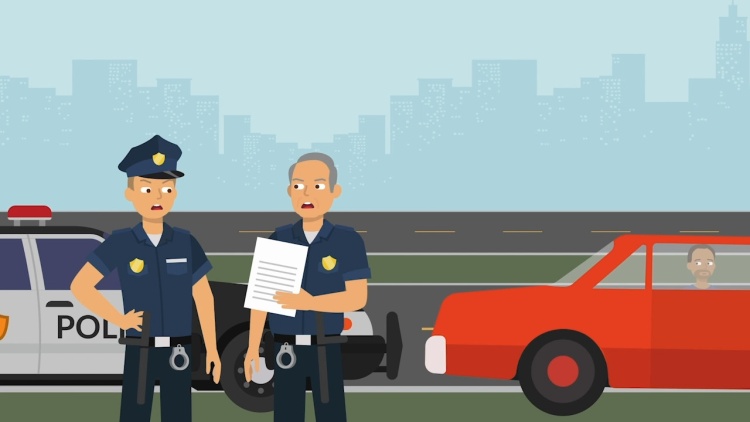Byrd v. United States
United States Supreme Court
584 US 395, 138 S. Ct. 1518 (2018)
- Written by Jamie Milne, JD
Facts
Terrence Byrd (defendant) waited outside a car-rental facility while his friend Latasha Reed rented a vehicle. The rental agreement was in Reed’s name alone and expressly prohibited unauthorized drivers from driving the vehicle. However, when Reed exited the building, she handed Byrd the keys. Byrd put some personal belongings in the trunk, then departed for Pennsylvania alone. Police stopped Byrd for a possible traffic infraction. The officers learned that Byrd was not listed on the rental agreement and that he had prior drug and weapon convictions. The officers told Byrd that because he was an unauthorized driver, they could search the vehicle without his consent. Byrd then admitted that he had a marijuana cigarette. When the officers searched the vehicle, they also discovered body armor and 49 bricks of heroin in the trunk. Federal authorities charged Byrd with distribution and possession of heroin and unlawful possession of body armor. Byrd moved to suppress the evidence, arguing that it was the fruit of an unlawful search of the trunk that violated the Fourth Amendment of the United States Constitution. The trial court denied Byrd’s motion, concluding that Byrd lacked standing to object because an unauthorized driver does not have an expectation of privacy in a rental vehicle. Byrd entered a conditional guilty plea, reserving the right to challenge the suppression ruling. On appeal, the Third Circuit affirmed. The United States Supreme Court granted certiorari to resolve a circuit split regarding unauthorized drivers’ expectations of privacy.
Rule of Law
Issue
Holding and Reasoning (Kennedy, J.)
Concurrence (Thomas, J.)
Concurrence (Alito, J.)
What to do next…
Here's why 907,000 law students have relied on our case briefs:
- Written by law professors and practitioners, not other law students. 47,100 briefs, keyed to 996 casebooks. Top-notch customer support.
- The right amount of information, includes the facts, issues, rule of law, holding and reasoning, and any concurrences and dissents.
- Access in your classes, works on your mobile and tablet. Massive library of related video lessons and high quality multiple-choice questions.
- Easy to use, uniform format for every case brief. Written in plain English, not in legalese. Our briefs summarize and simplify; they don’t just repeat the court’s language.





